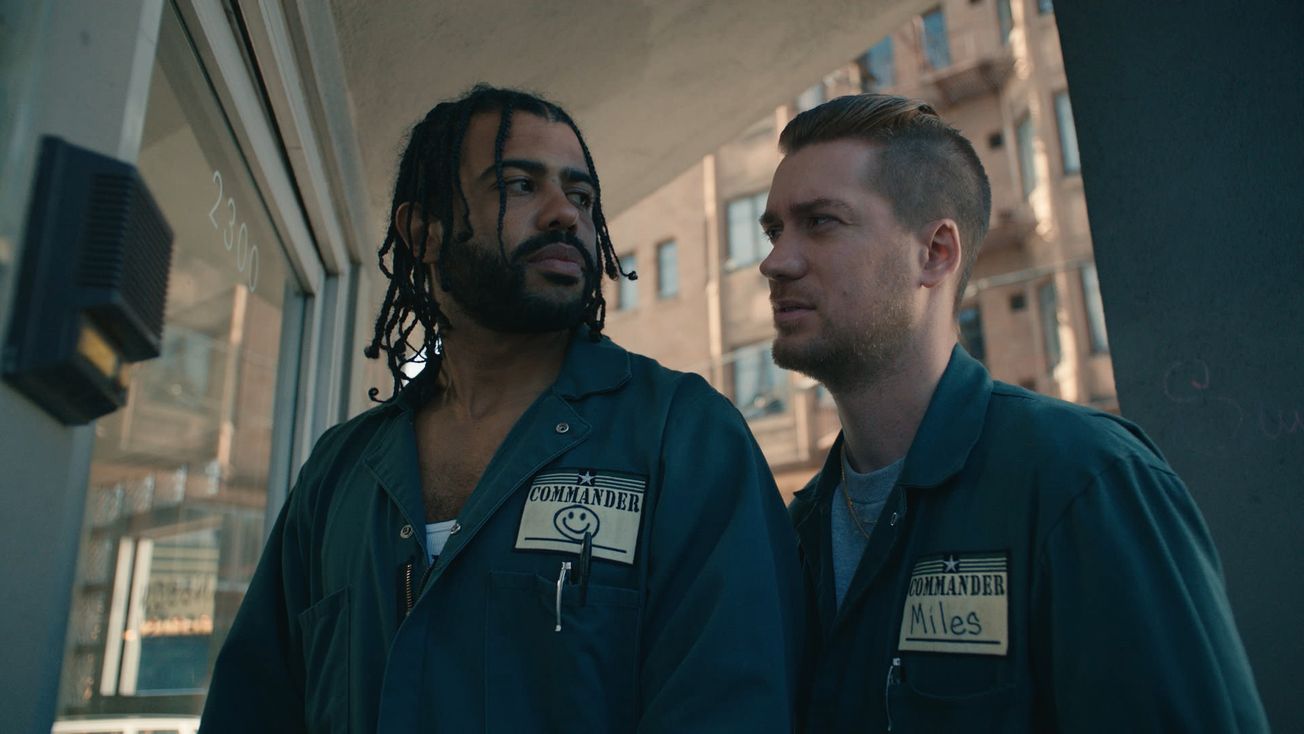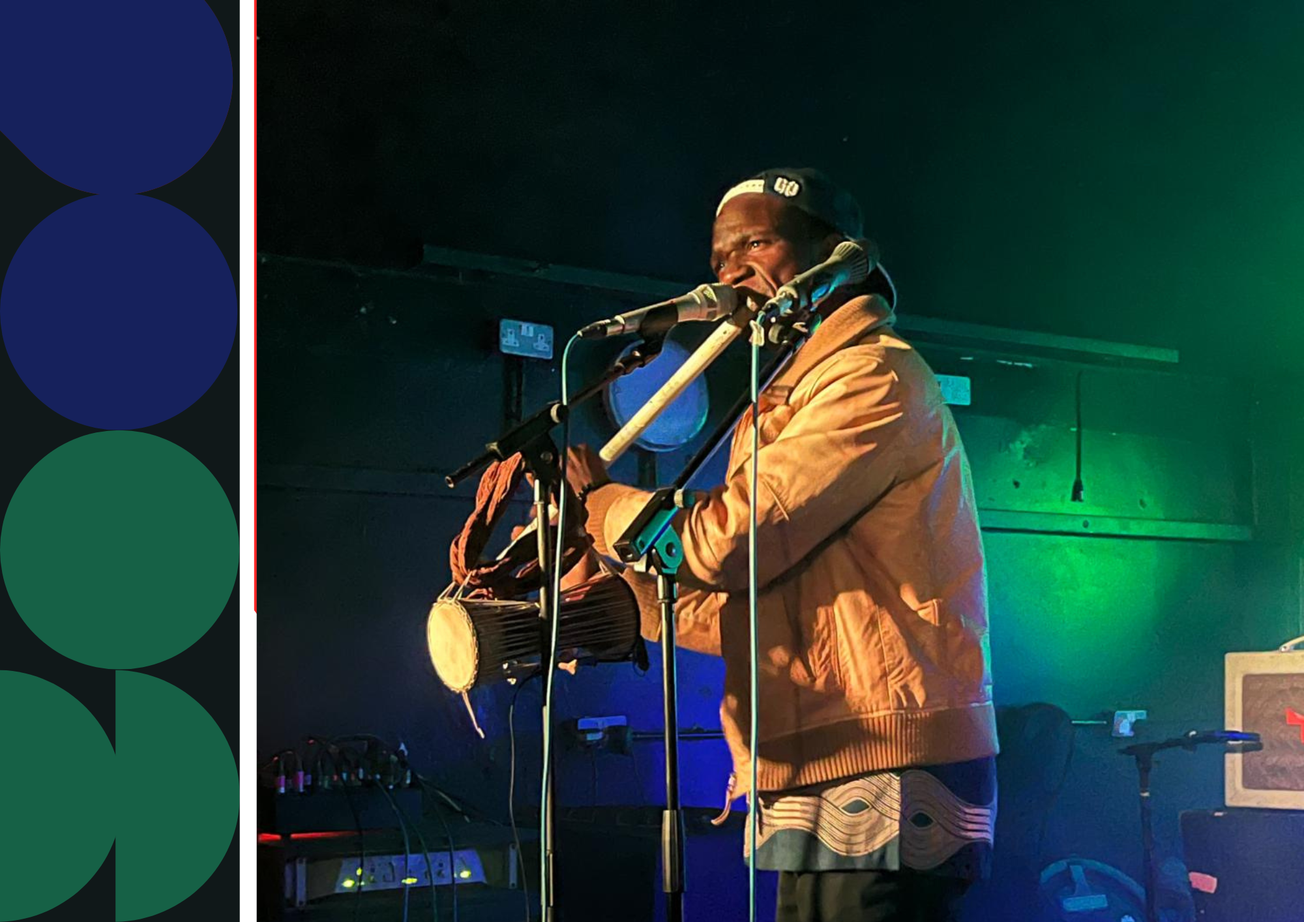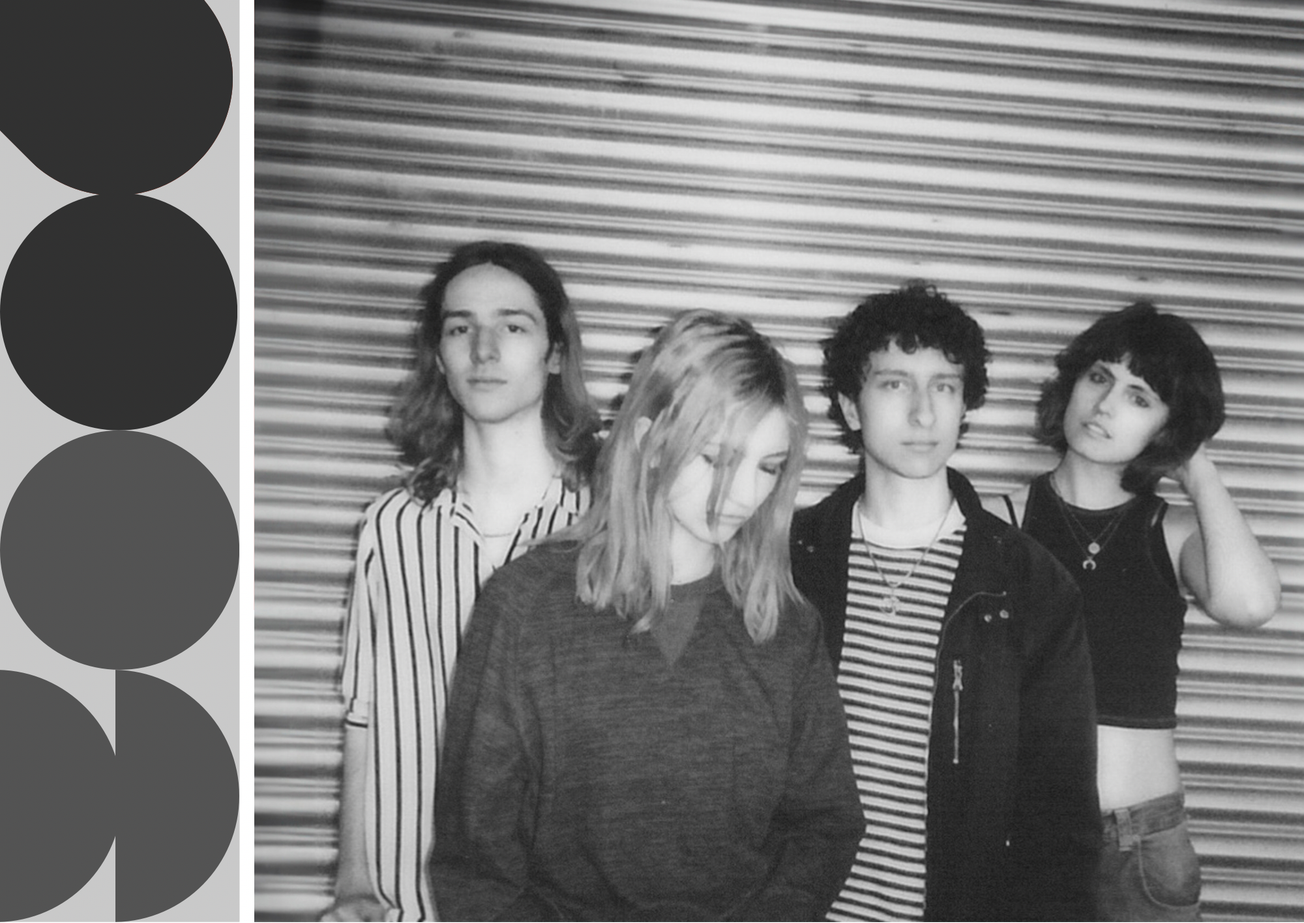By Leah Martindale, Third Year Film
Carlos López Estrada’s directorial debut is a cinematic tour-de-force, storming through a ménage-à-trois of race relations, gentrification, and side-splitting comedy with ease. A sumptuous feast of the senses, it inspires awe and heartbreak with every second step.
Youtube / Lionsgate Movies
Watershed’s wildly tone-deaf write-up of the film - ‘this timely and wildly entertaining story’ - left me entirely unprepared for the emotional rollercoaster I was boarding, which left me shaken mentally and physically.
Miles (Casal) and Collin (Diggs), aka Commander Miles and Commander Smiles, are the best of friends, blood brothers in every way except genetics, and much like Cain and Abel, one violent and uncontrollable brother is the downfall of the other. Or, at least, has the potential to be.
Blindspotting has the poignancy of Get Out (2017) and the colour-scale of Moonlight (2016). The fractious and often dangerous relationship between Miles and Collin is underscored by a world equally fragile, and in both macrosystems Collin falls prey to the violence of the white man.
The film is styled with kaleidoscopic technicolour, opening with, and later reusing, a split-screen effect that showcases the highs and lows of Oakland’s multicoloured and multicultural landscape. The first 15 minutes are as lively and colourful as a music video - if Notorious B.I.G. were alive in 2018, his music videos would be shot (pardon the phrase) by cinematographer Robby Baumgartner. One of the film’s final scenes, set in the graveyard where Collin has his daily morning run, is a visual spectacle from Baumgartner worth framing.
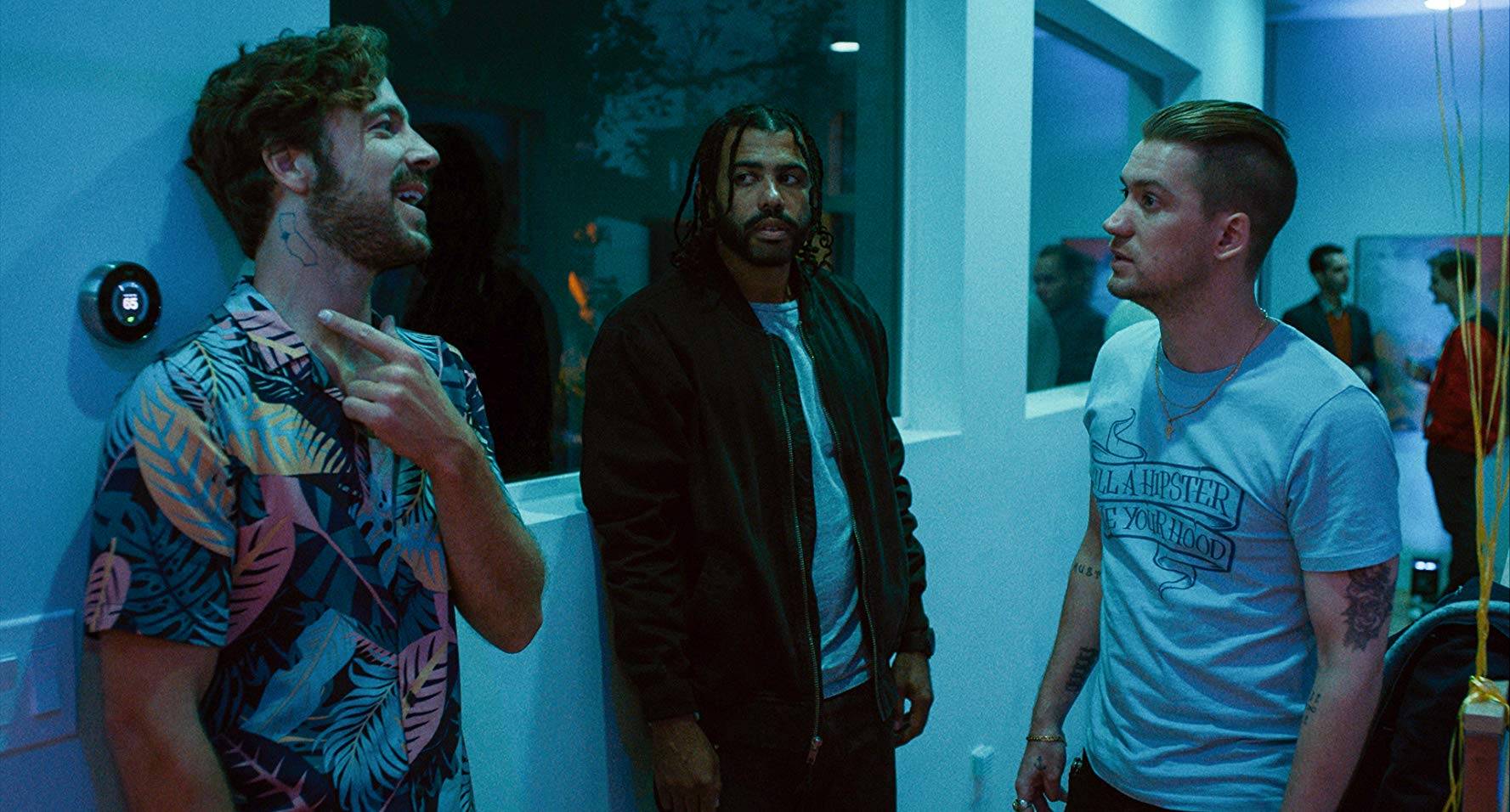
IMDb / Blindspotting / Lionsgate
Daveed Diggs is Collin: complex, multi-faceted, and ultimately flawed. His identity as a casualty of the system is questioned and his culpability to Miles’ actions is debatable. He is at once a legitimate criminal, a statistic in an ever-growing list of mistreated African Americans, and a man in desperate need of help.
Rafael Casal is Miles: balancing beautifully his victimisation as part of a cultural identity inherently shades darker than his, the privilege of being a white cis male, and the complexities of raising a mixed race child in a world increasingly seeing us in shades of grey. His way with words is lyrical and hypnotising, lulling the locals and the audience into a false sense of allegiance with this dangerous, enticing man.
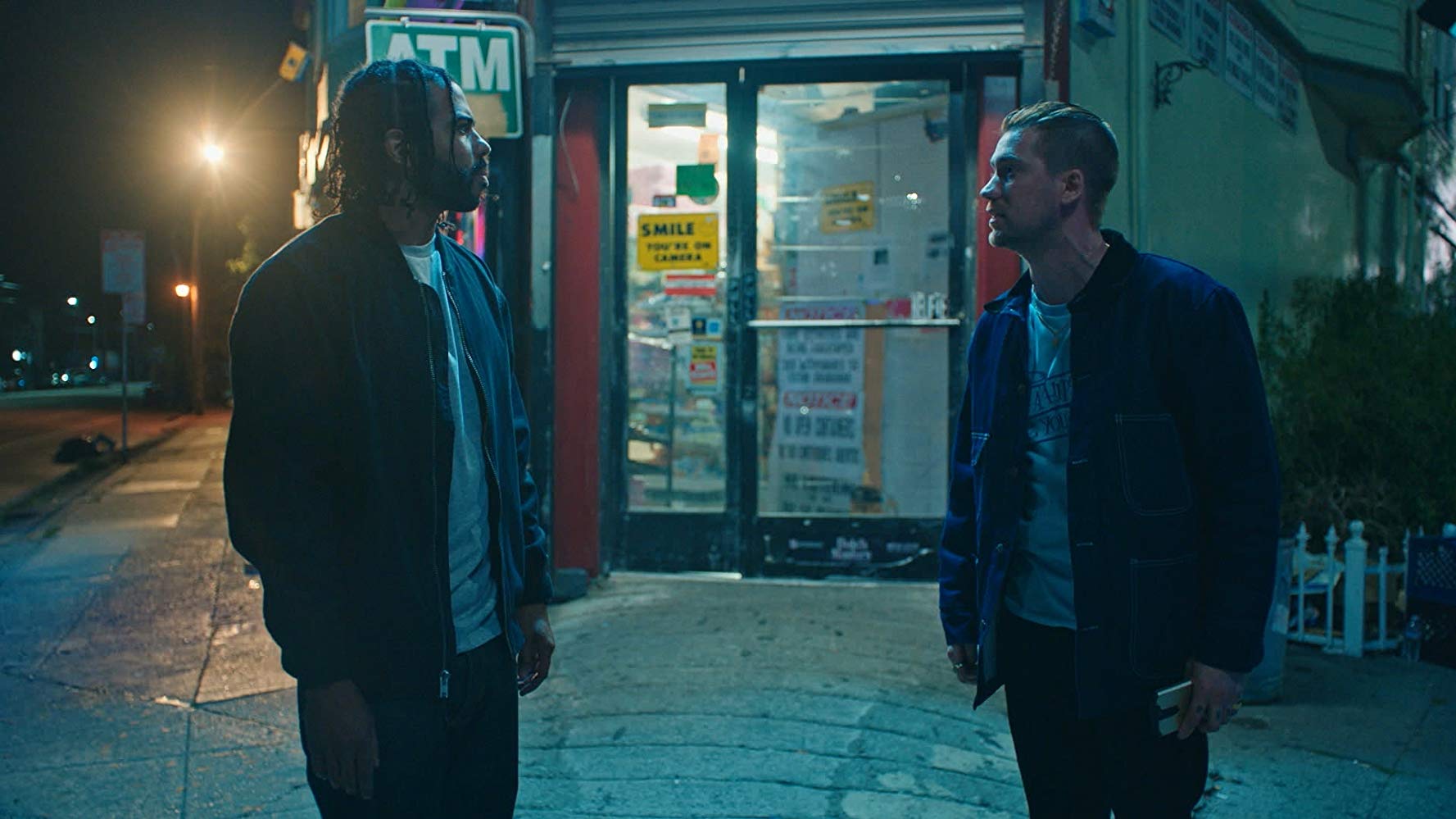
IMDb / Blindspotting / Lionsgate
However, it is the women who truly bolster this narrative of Blindspotting. Janina Gavankar plays Collin’s long-suffering ex-girlfriend and confidant, psychology student, and receptionist at his place of work. Of course, she got Collin the job. Her tender braiding of his hilariously permed hair is one of the most double-edged scenes of the film, and she constantly serves as his ever-ignored voice of reason.
Tisha Campbell-Martin’s cameo as Mama Liz is a welcome comedic respite, one of many strewn throughout the narrative, and Margo Hall’s performance as his stoic but disappointed mother is a amazingly three-dimensional characterisation for a relatively short appearance. Their roles inject a necessary, stable backdrop into the narrative to the farce that is Collin and Miles’ friendship.
Ultimately, it is Diggs’ stage co-star from Hamilton, Jasmine Cephas Jones, who stands out as Ashley, Miles' partner and babymama. Her metamorphosis between the roles of doting, down-to-earth wife and friend, and fiercely protective mother, is seamless and entirely human.
This is #Blindspotting. Now playing in theaters everywhere. https://t.co/LN7Ex71P28 pic.twitter.com/5okwGT8Ycz
— Blindspotting (@BlindspottingMv) 21 August 2018
Twitter / @BlindspottingMv
One especially harrowing moment comes when their young son discovers Miles’ newly acquired handgun, and the preschooler poignantly holds it against his own baby’s soft chin. Jones’ acting is fierce, showing the multifacetedness of a loyal wife and animal motherly instinct.
Blindspotting has been likened to Spike Lee’s Do The Right Thing (1989), but its climactic gut-punch comes, not in one moment, but in a series of hold-your-breath, flinch inducing, stomach churning interactions that serve to show the true devastation of police brutality, gun violence, and racism.
Much like another Lee film, Chi-Raq (2015), rap and freestyle rhyme are used to initially demonstrate the culture and music scene of the men’s surroundings, and later, as Collin explains, to punch home points with ‘pretty’ language.
There's a line in the movie about making language beautiful to get what you want and don't @RafaelCasal and @DaveedDiggs have an ear for language and timing. #Blindspotting is my favourite script of the year so far and deserves an #Oscar nomination.
— Carine (@CarineinAlbion) 10 October 2018
Twitter / @CarineinAlbion
Do The Right Thing is my favourite film of all time. The comparisons set this film unattainable heights of expectation as far as I was concerned. Yet, Blindspotting is stunning, shocking, and spellbinding in equal measure, delivering in full force and earning a spot in the upper echelons of my film appreciation archives. Much like my darling Mookie, it is necessary, and unavoidable, to ask yourself after its finale whether or not Collin truly does the right thing.
The first of three final showings of Blindspotting at Watershed is 8.10pm on Thursday 11 October.
Featured Image: Watershed / Summit Entertainment
Will you be watching Blindspotting in cinemas while you still have the chance?
Facebook // Epigram Film & TV // Twitter

